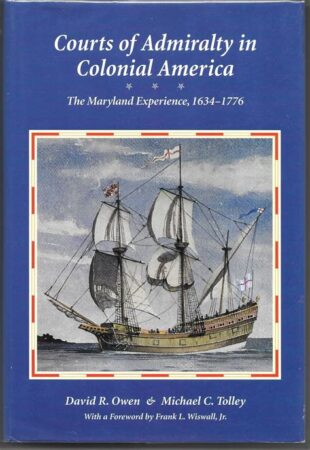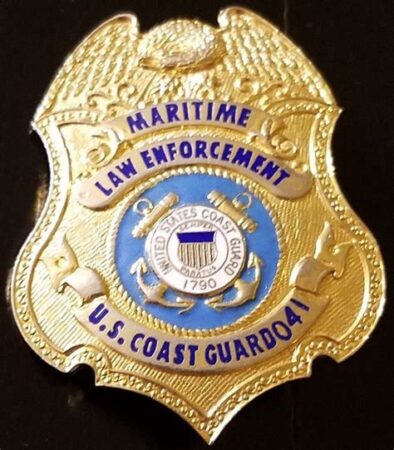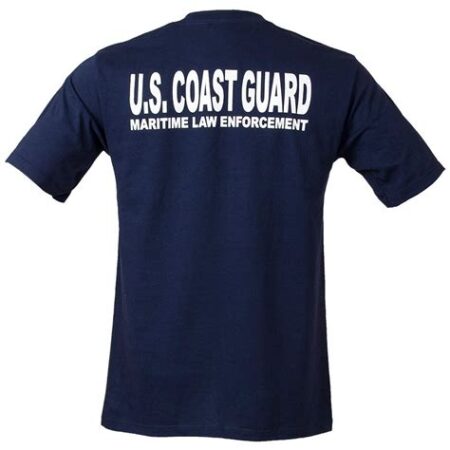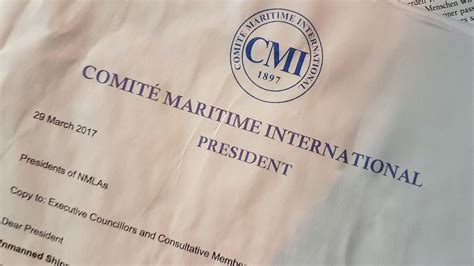
- Colonial America Maritime Law: A Comprehensive Examination
- Historical Context
- Legal Principles
- Enforcement
- Examples of Maritime Law Cases
- Conclusion
-
FAQ about Colonial America Maritime Law
- What is colonial America maritime law?
- What were the main provisions of colonial America maritime law?
- Who enforced colonial America maritime law?
- What were the penalties for violating colonial America maritime law?
- How did colonial America maritime law affect the development of the United States?
- How did colonial America maritime law affect the lives of ordinary people?
- What were some of the challenges to enforcing colonial America maritime law?
- How did colonial America maritime law change over time?
- What is the legacy of colonial America maritime law?
Colonial America Maritime Law: A Comprehensive Examination
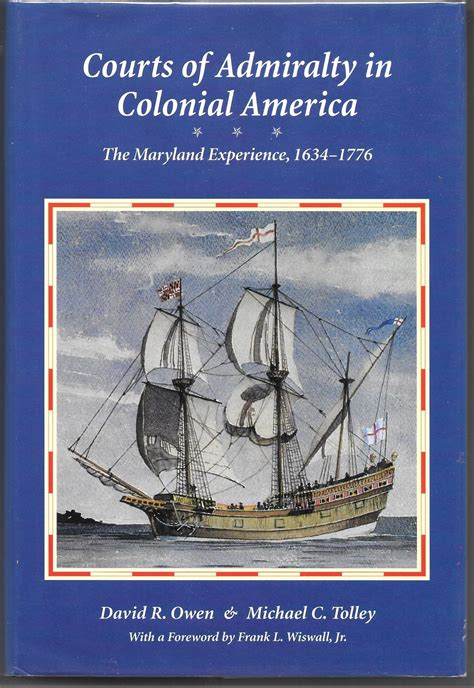
Introduction
Greetings, readers! Embark on an enlightening journey into the realm of Colonial America maritime law, a fascinating and intricate tapestry of regulations that governed seafaring during the colonial era. In this comprehensive article, we’ll delve into the historical context, legal principles, and enforcement mechanisms that shaped this crucial aspect of colonial life.
Throughout the 17th and 18th centuries, maritime law played a pivotal role in facilitating trade, resolving disputes, and maintaining order on the vast waterways that connected the colonies and the rest of the world. Join us as we explore the legal framework that guided seafarers, merchants, and the authorities tasked with upholding maritime justice in Colonial America.
Historical Context
Navigation Acts
The Navigation Acts, enacted by the British Parliament throughout the colonial period, were a series of laws designed to control colonial trade and navigation. These acts aimed to strengthen British economic dominance by restricting trade with non-British colonies and ships. They also imposed duties on the import and export of certain goods, regulating the movement of vessels and cargo within the British Empire.
Admiralty Courts
Admiralty courts were specialized tribunals established to handle maritime cases. They had jurisdiction over disputes involving ships, seamen, and maritime contracts. Admiralty courts relied on a mix of English maritime law and local ordinances to resolve cases. These courts played a crucial role in enforcing the Navigation Acts and maintaining order at sea.
Legal Principles
Bottomry
Bottomry was a type of loan secured against a ship and its cargo. Shipmasters would often take out bottomry loans to finance their voyages. If the voyage was successful, the loan was repaid with interest. However, if the ship or cargo was lost, the lender had no recourse against the borrower.
Salvage
Salvage law governed the recovery and compensation for ships and cargo that had been abandoned at sea. Salvors were entitled to a reward for salvaging the property, based on the value of the property and the risk involved in the salvage operation.
Piracy
Piracy was a serious crime in Colonial America. Pirates were often apprehended and tried in admiralty courts. The penalties for piracy ranged from imprisonment to execution, depending on the severity of the crime.
Enforcement
Coast Guard
The Coast Guard, established in 1790, was responsible for enforcing maritime laws and regulations. Coast Guard vessels patrolled the waters of the colonies, intercepted smugglers, and apprehended pirates.
Privateers
Privateers were privately owned ships that were commissioned by the government to attack enemy vessels. Privateers played a significant role in the American Revolution, harassing British shipping and capturing valuable prizes.
Examples of Maritime Law Cases
| Case | Description |
|---|---|
| Gibbons v. Ogden | Landmark case establishing the federal government’s control over interstate commerce |
| The Amistad | Case involving a group of enslaved Africans who revolted against their captors on a Spanish ship |
| The Mayflower Compact | Agreement signed by the Pilgrims on the Mayflower, establishing a self-governing colony |
Conclusion
Readers, our exploration of Colonial America maritime law has illuminated the legal framework that governed seafaring and trade during the colonial era. From the Navigation Acts to admiralty courts, from salvage law to piracy, maritime law played a vital role in shaping the economic, legal, and social fabric of colonial life.
We encourage you to delve deeper into this fascinating topic by checking out our other articles on maritime law. Discover the intricate legal battles, the daring adventures, and the enduring legacy of maritime law in Colonial America. Avast, ye landlubbers, and set sail into the uncharted waters of knowledge!
FAQ about Colonial America Maritime Law
What is colonial America maritime law?
Maritime law in Colonial America was a body of laws and regulations that governed maritime activities, such as shipping, trade, and fishing. It was based on the English common law and the laws of other European countries, and it was administered by admiralty courts.
What were the main provisions of colonial America maritime law?
The main provisions of colonial America maritime law included:
- The Law of the Sea, which governed the rights and responsibilities of ships and their crews on the high seas.
- The Law of Admiralty, which governed maritime contracts and disputes.
- The Law of Wrecks, which governed the salvage and disposition of shipwrecks.
Who enforced colonial America maritime law?
Colonial America maritime law was enforced by admiralty courts, which were special courts that had jurisdiction over maritime matters. The admiralty courts were typically presided over by judges who had experience in maritime law, and they were often assisted by juries of merchants and sailors.
What were the penalties for violating colonial America maritime law?
The penalties for violating colonial America maritime law varied depending on the severity of the offense. Minor offenses, such as failing to pay a maritime debt, could result in fines or imprisonment. More serious offenses, such as piracy or slave trading, could result in the death penalty.
How did colonial America maritime law affect the development of the United States?
Colonial America maritime law played a significant role in the development of the United States. It helped to establish the United States as a maritime power, and it provided a framework for the regulation of maritime activities. The principles of colonial America maritime law continue to be used in the United States today.
How did colonial America maritime law affect the lives of ordinary people?
Colonial America maritime law had a significant impact on the lives of ordinary people. It provided a framework for the regulation of shipping and trade, which made it possible for people to buy and sell goods from other countries. The Law of Wrecks also provided a means for people to recover property that had been lost at sea.
What were some of the challenges to enforcing colonial America maritime law?
One of the biggest challenges to enforcing colonial America maritime law was the lack of a central authority. The United States was not yet a unified country, and the admiralty courts were often unable to enforce their rulings beyond their own jurisdiction. This made it difficult to prosecute pirates and other maritime criminals who operated in multiple jurisdictions.
How did colonial America maritime law change over time?
Colonial America maritime law changed over time as the United States developed into a more centralized and powerful nation. The Constitution of the United States gave the federal government the authority to regulate maritime activities, and the Supreme Court played an increasingly important role in interpreting maritime law.
What is the legacy of colonial America maritime law?
The legacy of colonial America maritime law is still felt today. The principles of colonial America maritime law continue to be used in the United States, and they have also been adopted by other countries around the world.
